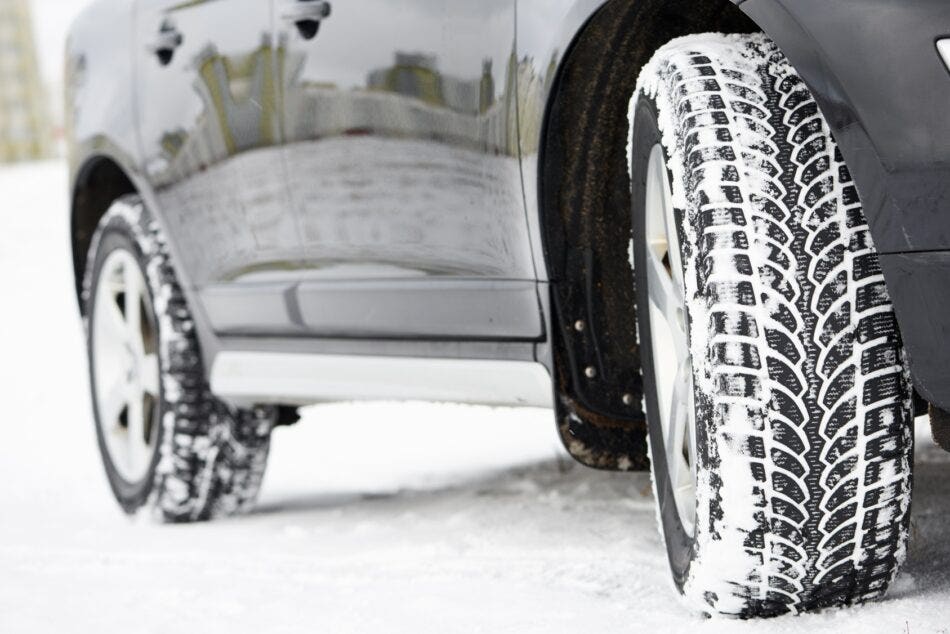More and more drivers are turning to winter tires to better their driving experience during the colder months. Many provinces are stepping up to encourage this transition too.
Since 2007, all Quebec motorists have been required by law to install four winter tires on their vehicles between December 15 and March 15. If not equipped drivers face fines between $200 and $300. BC also requires winter tires or chains when driving in certain mountainous regions.
While not law elsewhere, all provinces recommend the use of winter tires to their residents. Some provincial governments like Manitoba and Ontario also provide money-saving incentives to encourage people to make the switch during the cold months.
The benefits of winter tires
- Better braking
- Better handling (especially cornering)
- Better stability
- Improved reaction time
- Reduced fuel consumption
- Extended life of your tires
- Handle cold weather ice snow and slush better
- Reduce your chance of being in a serious accident
Quebec saw a three per cent decrease in death and serious injury and a five per cent decrease in accidents since the winter tire law came into effect according to Fountain Tire. The benefits of winter tires are undeniable and it’s not just about their better performance in snow.
How do winter tires work?
When temperatures drop below seven degrees, the rubber in summer and all season tires lose their pliability which affects their functionality. They don’t grip the road as well, so handling braking and stability are negatively affected. This doesn’t even factor in snow ice and slush!
Winter tires however are composed of a different rubber compound which is equipped to deal with colder temperatures. Their treads are also engineered to “push out” slush and snow and their tread design performs better on ice as well.
What should I look for when selecting winter tires?
If you are not sure what to look for when buying winter tires there is no need to worry, we’ve got you covered. One of the simplest and potentially most important things to look for when choosing winter tires is making certain they have passed official winter tire testing. This can quickly be determined by finding tires which have a snowflake and a three-peaked mountain on them.
M&S (Mud and Snow) tires are better than all-season tires, but do not provide the same protection and security as winter tires that have passed a government-regulated test (and received the snowflake/mountain winter tire seal of approval).
Winter tires are a great start to safer cold weather driving
Installing winter tires is an important first step to ensure you are prepared for winter road conditions. However, it is just one of many winter driving tips we recommend. Review our checklist on commuting in cold weather to get more expert advice on safe winter driving best practices.

